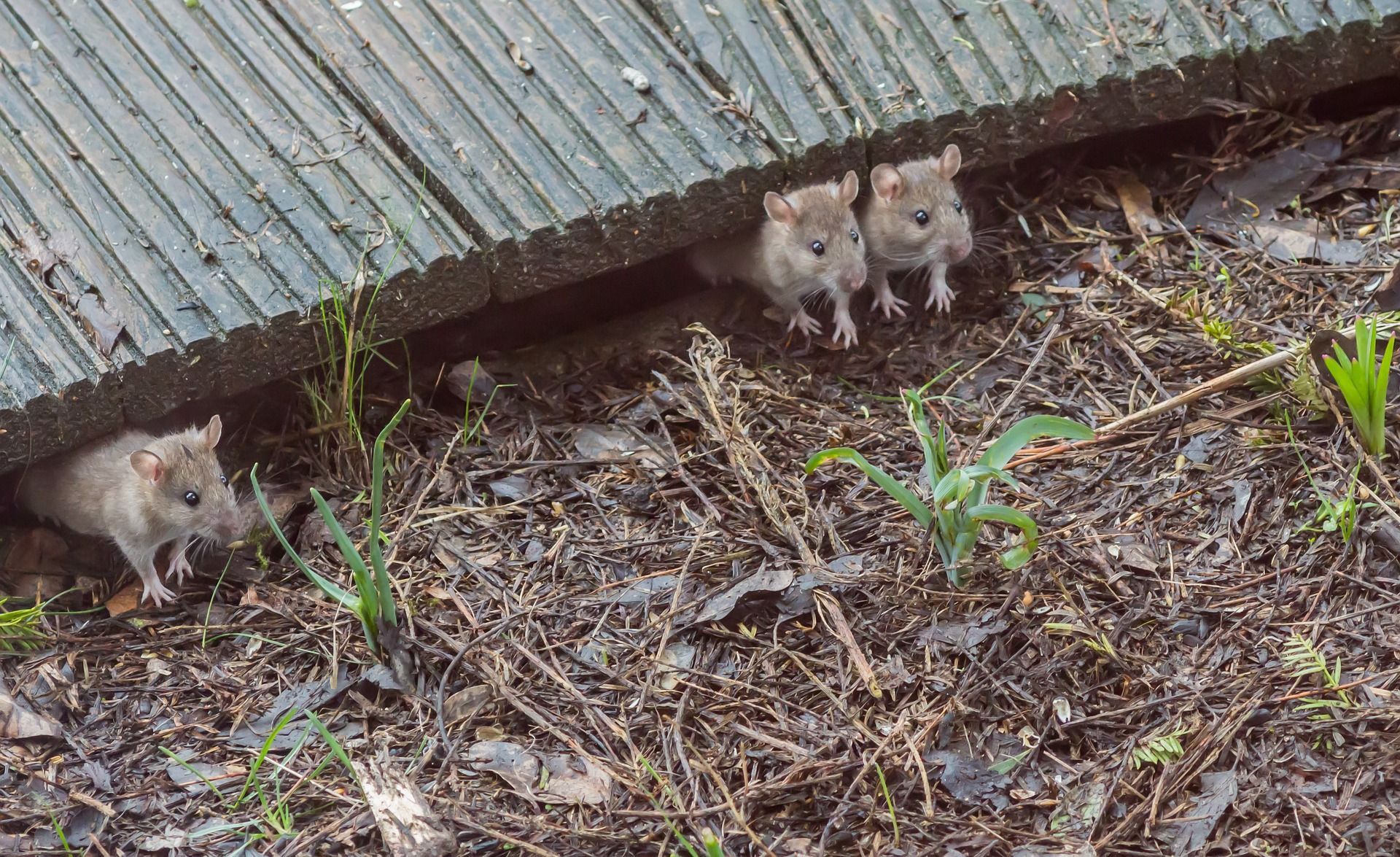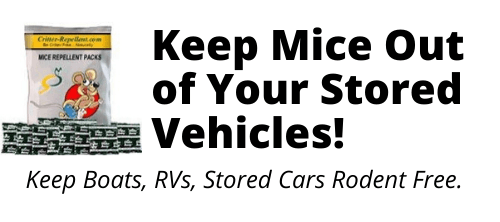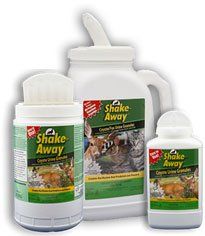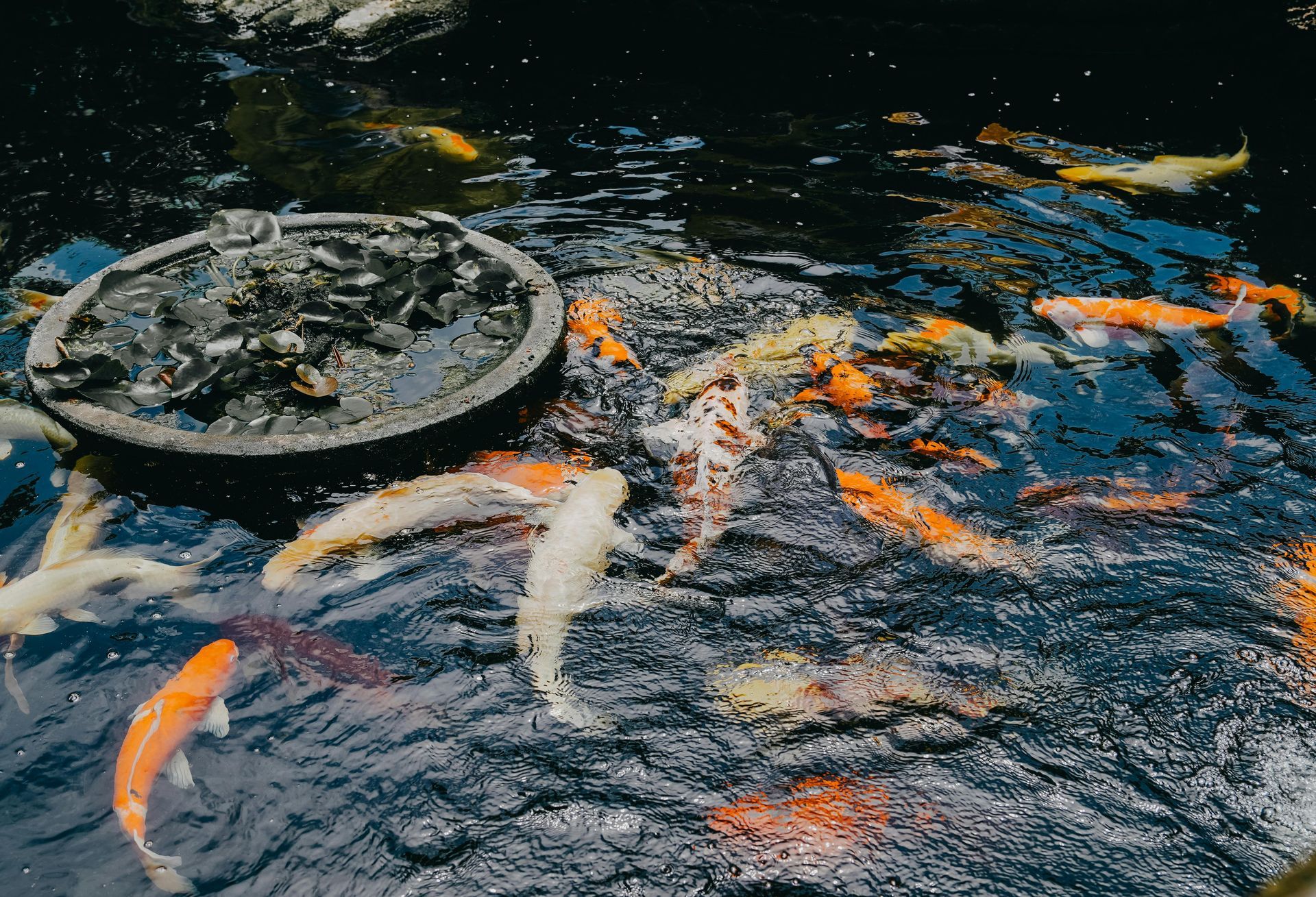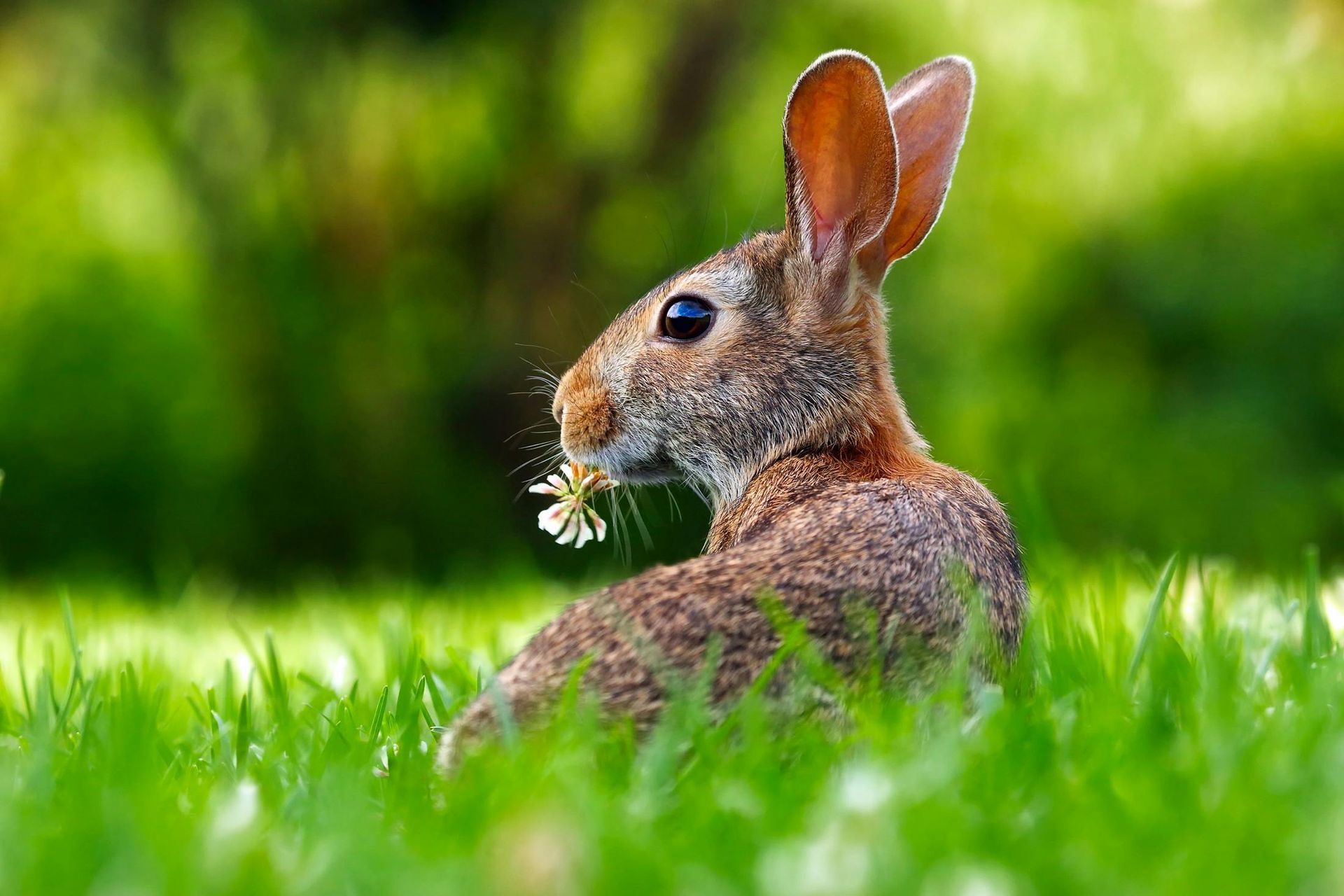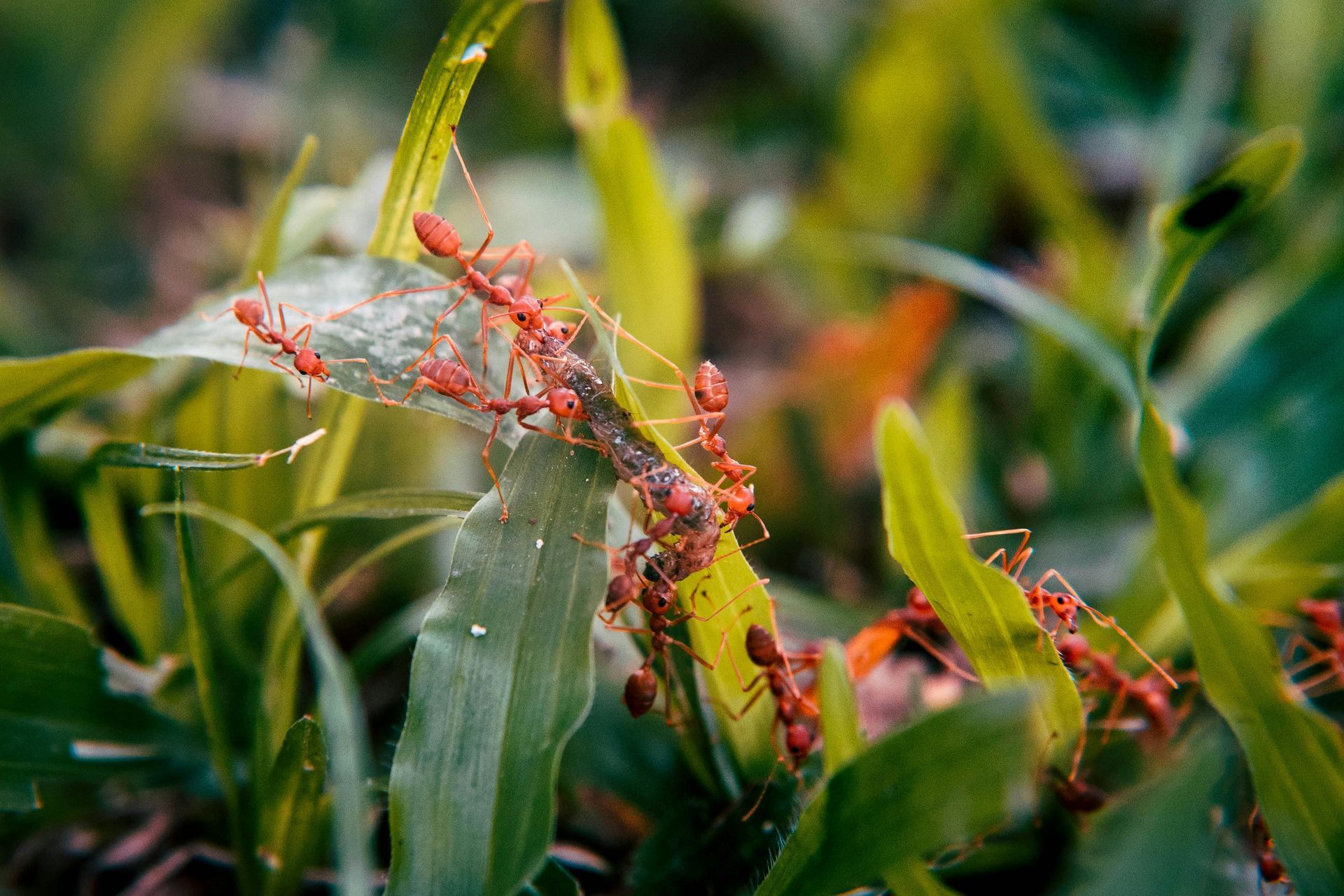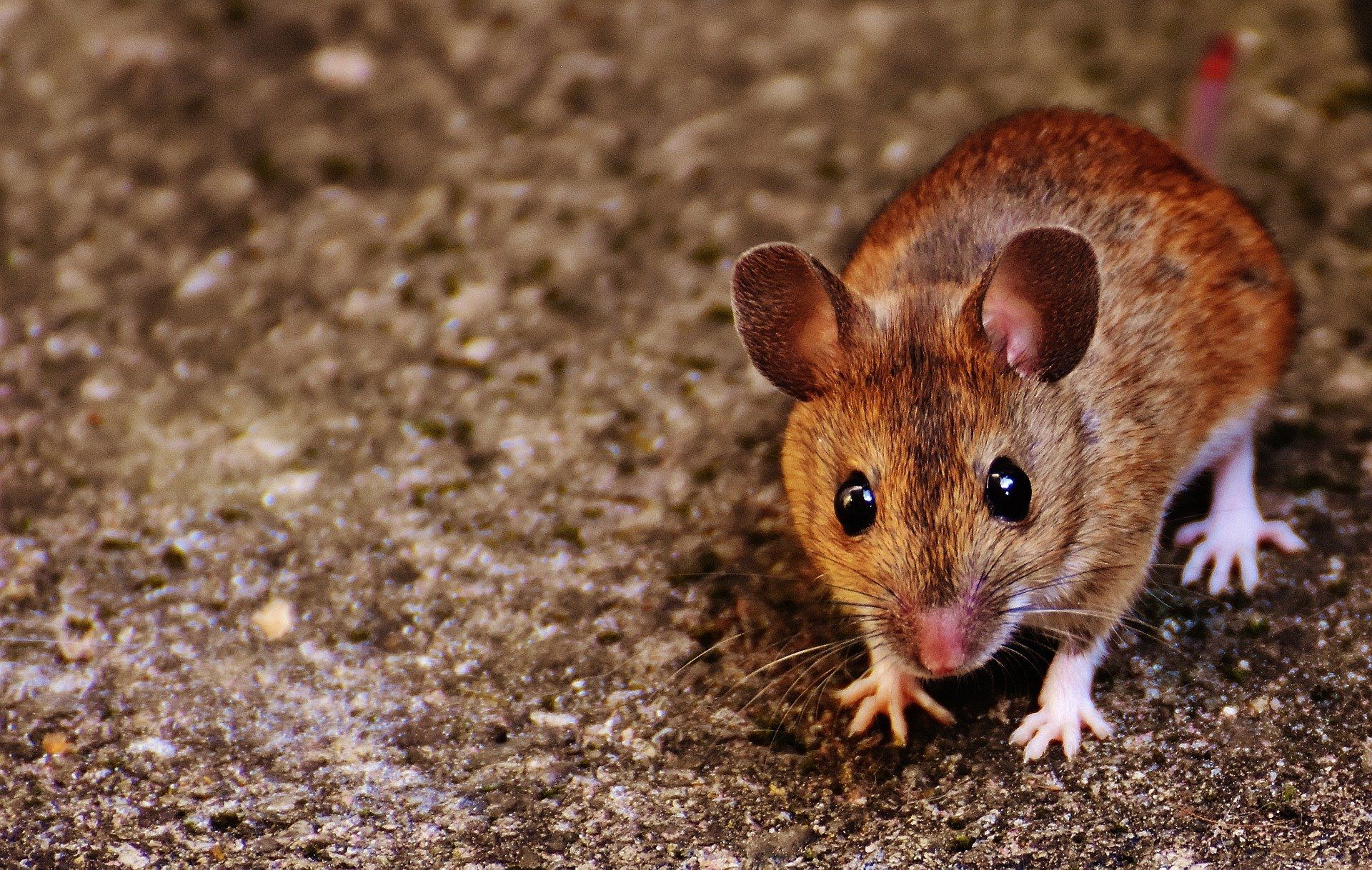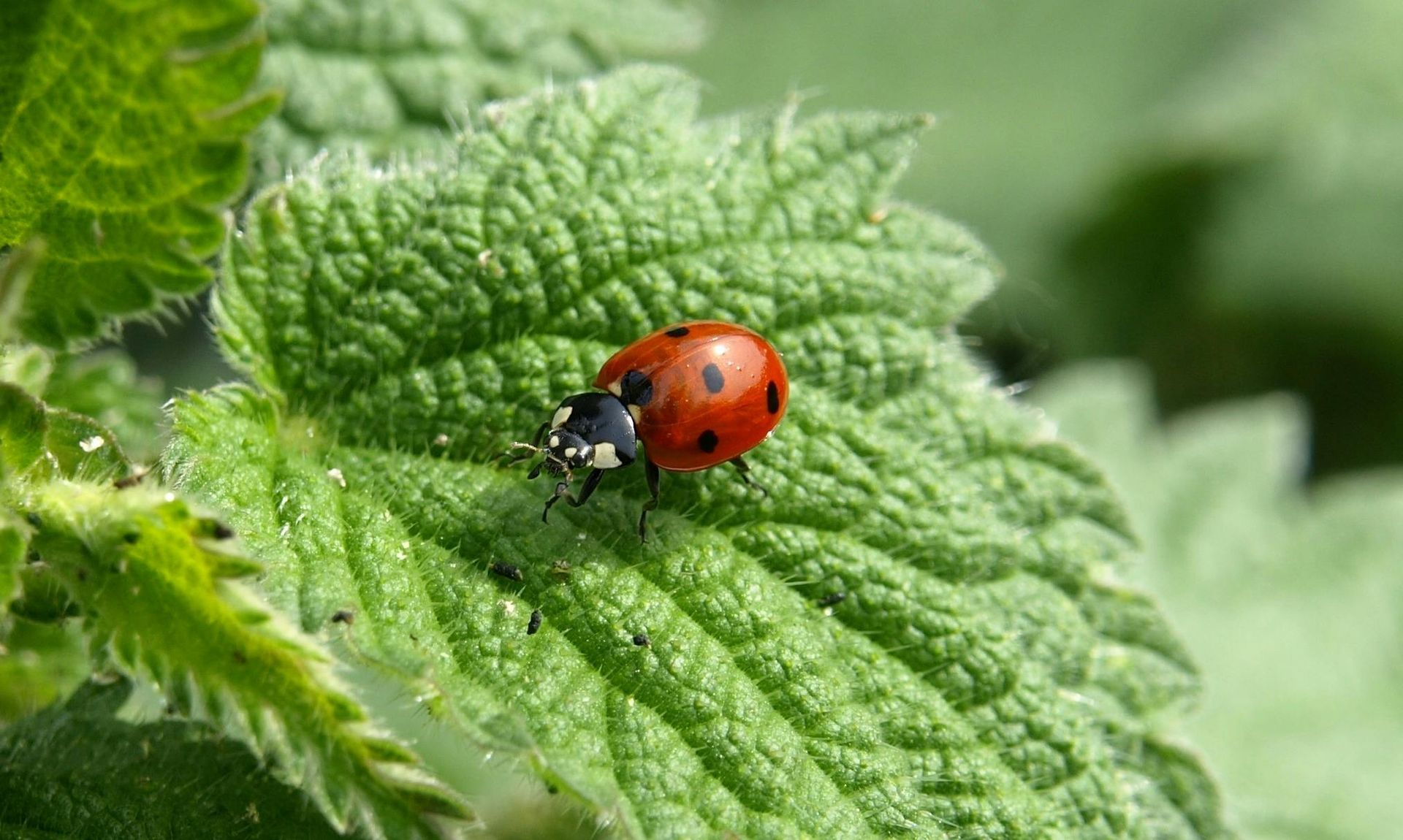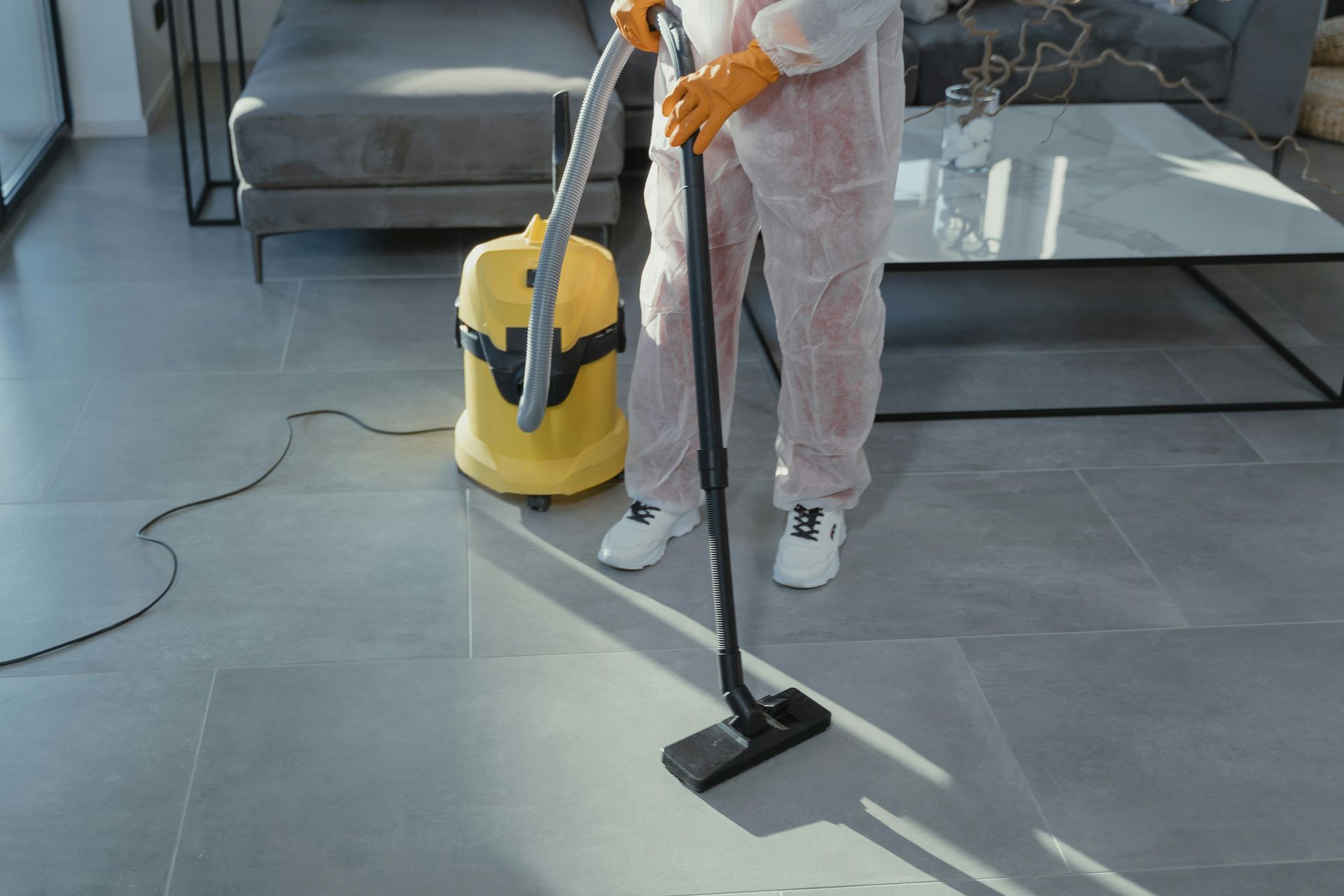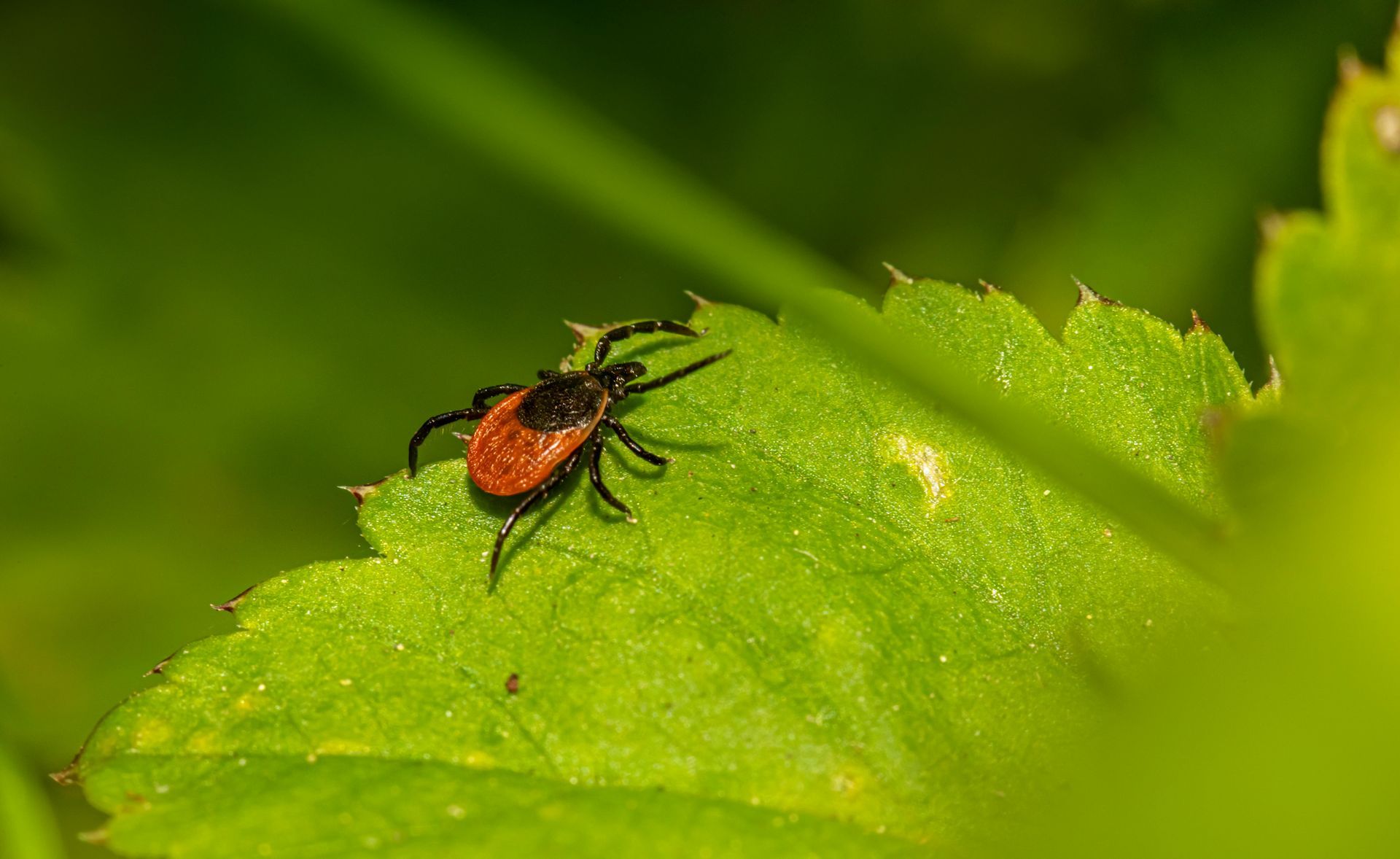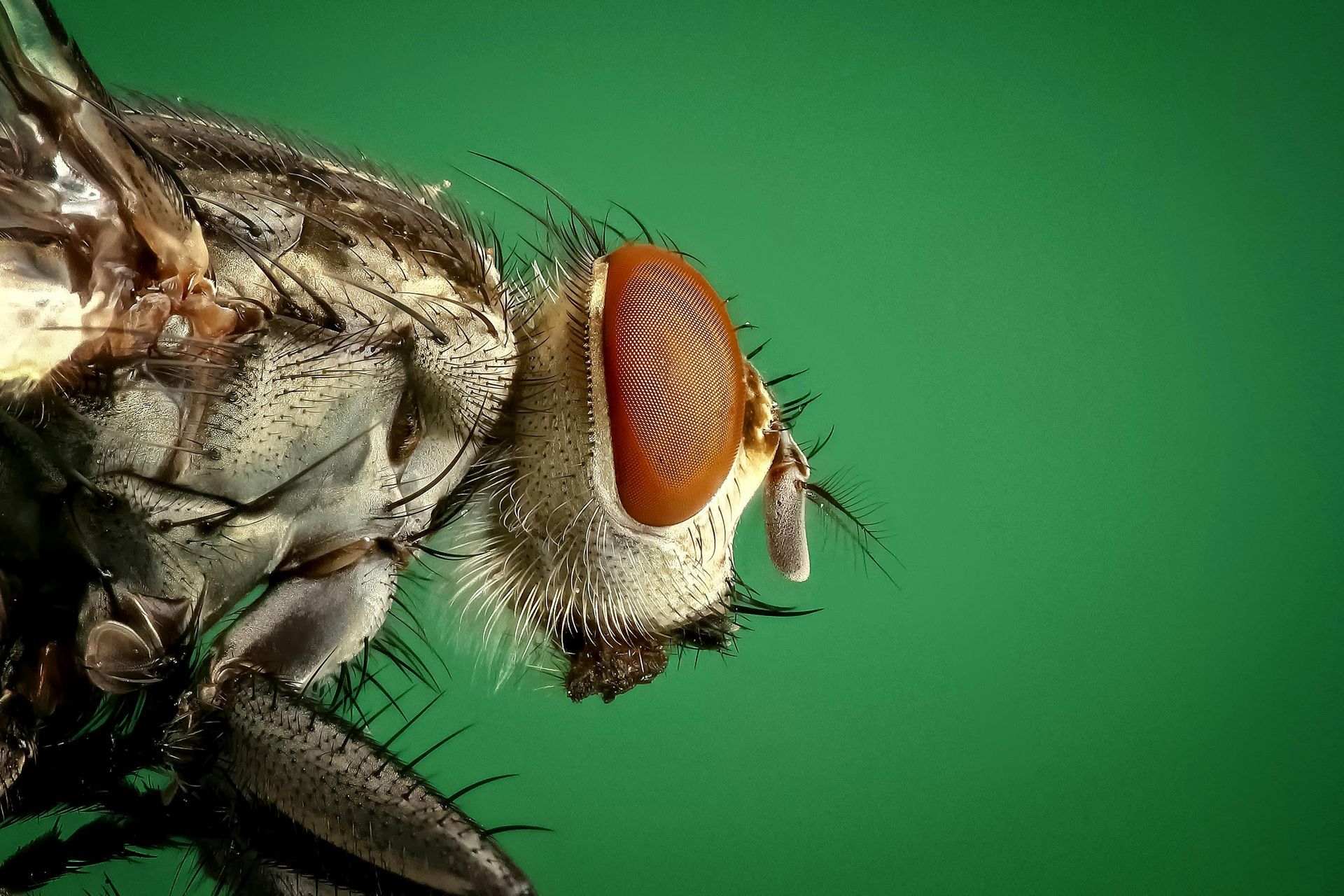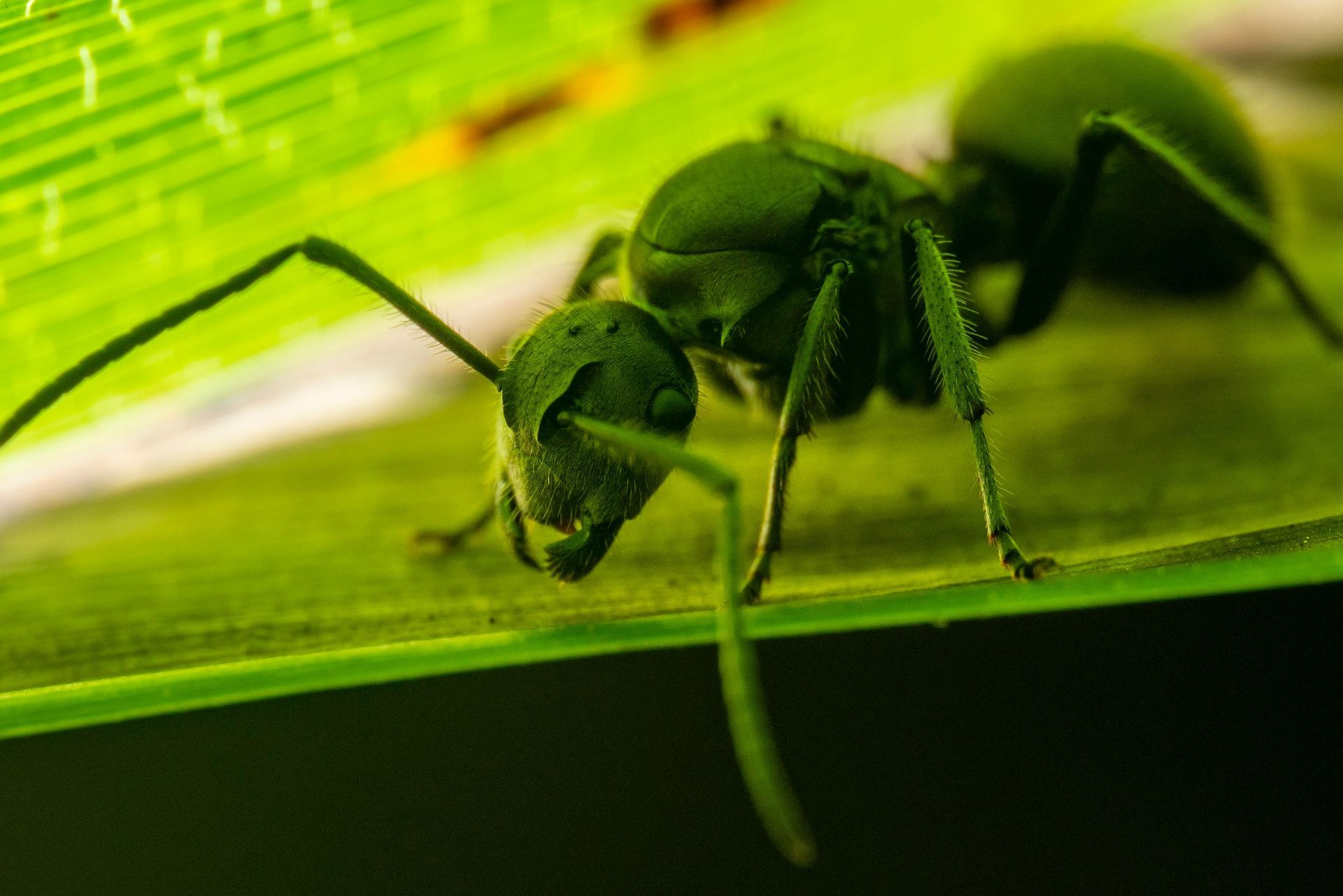Tips for Protecting Stored Boats and Vehicles from Mice Infestation
Keep Mice and Other Rodents Out of Your Stored Vehicles
The dreaded off-season; After enjoying a pleasant summer and fall, winter comes and your beloved classic car or boat needs to be taken out of use for the annual couple of months. While you take good care of your vehicle, it can be hard to anticipate the presence of rodents in your garage or boat space. Even as you weatherproof and repolish, what can you do to keep your stored prize from being infested with mice through the winter months? Without constant maintenance and cleaning it can be tough, but we’re here to tell you some of the best ways to keep your stored vehicles from being hospitable to mice through the offseason.
Do a deep-clean before storing your vehicle - This may seem like an obvious tip for keeping pests out of your storage space, but many owners will forget to check their gloveboxes, center consoles, and/or storage cabinets before wrapping their vehicles for the night. Keeping pests from being attracted to your car or boat by food in the first place is one of the best ways to guarantee that mice will stay out and away from the vehicle through the winter. All food and nesting materials should be removed from the stored vehicle: this includes packaged foods, paper documents, blankets, crumbs, and any spare clothing. Keeping your vehicle unattractive to mice is a key defense in keeping them out.
Chill warm areas of your vehicle before storing it - Given the opportunity, one should allow engines and other mechanics to cool off before being packed away for the cooler months. Before you cover your car, whether in a garage or not, you should allow the heat to run off from the engine and only briefly drive the vehicle into its storage area.
Set up traps throughout the vehicle - While considered to be cruel in many situations, traps can be the final line of defense from a mouse infestation. If certain areas are unsealable or otherwise prone to mouse activity, both live and snap traps can keep mice from getting comfortable in your vehicle over the storage months.
While there are plenty of options to keep mice out of your stored vehicles, none will be as effective as Critter Repellent’s product line- which specializes in pest repellents that are assures to keep pests away from your vulnerable spaces before the mice even infest your vehicle. The mouse repellent Shake Away comes with a scent that is pleasant to humans, but disorients mice via sensory overload, driving them from protected areas. If you’re worried about mice infesting the area of your stored vehicle this off-season, consider Shake Away for your car, boat, or garage.
Critter Repellent All Natural Animal Repellent Blog
